09 Aug
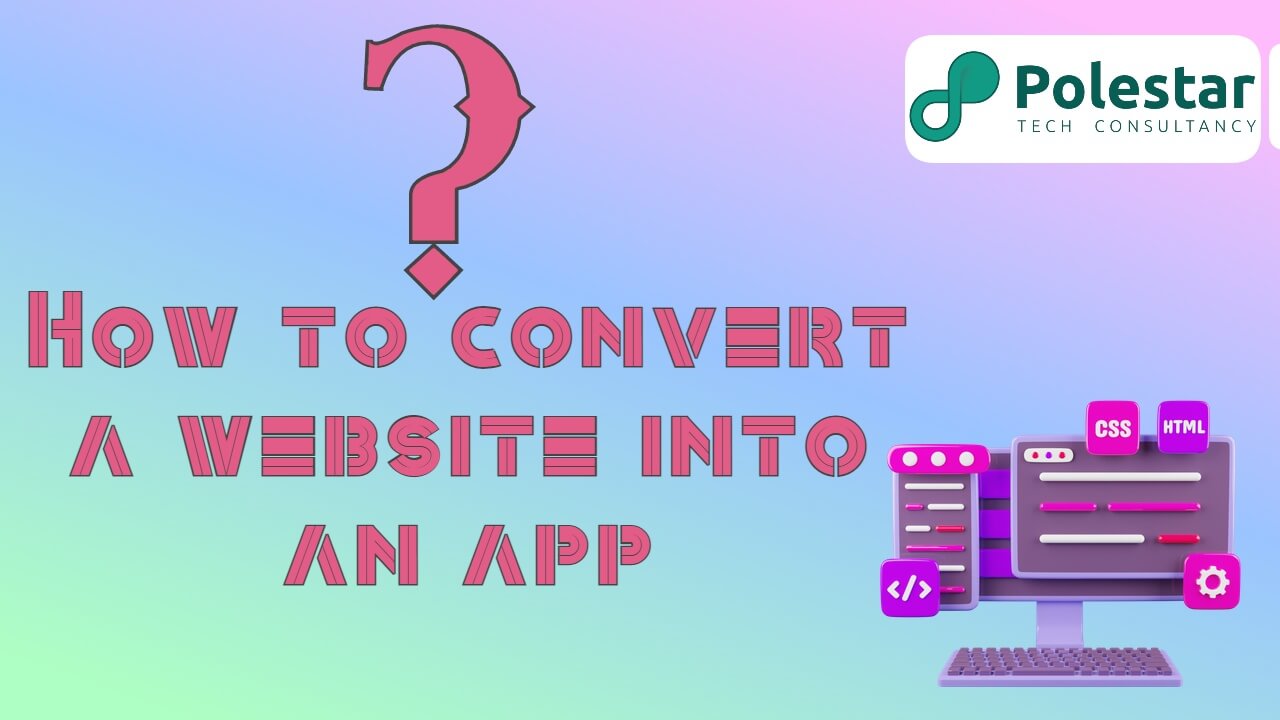
Table of content
| What is Website? |
| Types of website |
| Reasons to convert website into an mobile App |
| Best platforms for mobile App development |
| Ways to convert a website into an mobile App |
What is a website?
A website is a group of web pages that is made up of hyperlinks, located under a single domain name, and is uploaded on the internet for company-for business purposes, Individual-for blogging or sharing information, Government Organization-for spreading crucial information, and laws or Educational institute-for sharing academic and scholastic material.
Types of Websites
1. Business Websites
This website is specially made and designed to reflect business identity on the internet.
Being one of the most popular and adaptable websites out there, a business website is available in many types. Business websites provide facilities to sell certain services or goods.
Service-based business websites provide a booking system through which customers can easily reserve their appointments at a fingertip to get services. However Product based business websites, often display the commodities directly and provide a facility of streamlined purchasing.
Why a business website?
In today's world, it is very important for each and every organization to create its image on the internet due to many reasons. First and foremost is Modernity. Society is developing technically and owing to that reason Businesses must get visibility on the Internet. It is also necessary to survive the competition and that is the main reason that each and every business should adopt technological change and create identity by creating a website. Besides Modernity, Smoothness and easiness are adopted in Business by the creation of own website. Moreover introducing own website may decrease advertisement costs for organizations. In addition to that Business will adopt scalability by the creation of websites as now businesses will not only remain restricted towards the local market. Slowly and gradually people will get to know about Business through a website.
So it is very necessary for each and every organization to create their internet presence and grow their business online.
2. E-commerce Websites
E-commerce websites are those websites where people can buy products online and can make payments even on the same website through an online payment gateway. Payments are generally processed through debit/credit cards, Gift vouchers, net banking, and even cash payments can be made. This website allows placing order anytime anywhere which removes the time barrier and most importantly people does need to wait in a long queue to purchase commodities they can order at their fingertips and delivery will reach their home. These websites also provide the facility of returning and replacing orders as per their code of conduct. People can also apply filters to search for a particular required product and they can even wishlist their favorite products and can buy whenever they want to buy.
An E-commerce website is another type of business website. Examples of E-commerce websites are :
- Amazon.com
- flipkart.com
- Myntra.com
3. Educational websites
The educational website is not just limited to representing an educational institution such as a school, College, University. It can also be a private education provider like a tutor or virtual school offering online courses or a college conducting distance-based courses.
Educational websites are specially designed in such a way that they motivate students and explain them in an easy way and through fun learning instead of traditional and orthodox methods of studying so that they are motivated to go the extra mile and study.
Educational websites not only include educational sources on the website but also photographs of campus, term dates, fees, testimonials, contact details, payment gateway, details of authorities, and much more as per their own requirements.
Examples of educational websites are:
- Byjuus.com
- Unacedemy.com
- nirmauniversity.com
4. News websites
News websites are specially created for delivering Instant and latest news to the public. People don't need to wait for the newspaper if they have access to the website. It provides each and every type of news such as political, judicial, sports, crime, health, and many more, and viewers are kept updated every moment. The news website also includes access to a live stream of events. Due to the easy availability of news on a news website, one can access news anytime anywhere whenever he/she wants. One can even save the important headlines and articles on the website if it is not possible for them to read at that moment and they wish to read afterwards.
Some of the news websites:
- Zeenews.com
- ndtv.com
- Indiatv.com
5. Web applications
Web applications are applications that are accessible on the internet. Web applications are designed for a wide variety of users and it can be used by anyone, an individual, or an organization for numerous reasons. Commonly used web apps are Google apps, Calculators, Banking apps, or e-commerce apps. There is no requirement of downloading apps on the device as it is accessed online through the network. One can access web apps on any browser like Google, Mozilla Firefox, or Safari. By using web apps Multiple users can access the same application and work can be completed easily. Besides that, there is no requirement of installing the app on your device.
Example of web apps:
- Zoho apps
- Hubspot
- Google apps
Reasons to convert a website into an app
A. Ease of Use and Increased Mobility
A mobile app gives a user significantly more mobility than a responsive website. According to studies, only 11% of mobile users spend time accessing the web on their phones. Everything has gone mobile, from getting the news to tracking fitness, and it's easy to see why. Users no longer need to remember your website URL thanks to mobile apps. They don't have to search or type a URL into a browser anymore.
Furthermore, using applications to retrieve information is 1.5 times faster than using websites. This is because, unlike website data, which is saved on servers, user data is stored locally on the app itself. Another important factor is that apps have substantially faster reaction times than websites.
B. Accessible offline
An app, like a website, is reliant on the internet to provide full functionality to its users. When a website cannot be accessed offline, some aspects of an app may be accessible offline. Offline features consume extremely minimal battery power while allowing users to access basic information.
An eCommerce app, for example, can provide offline access to customer data, available coupons, previous transactions, in-app calls, and so on. When you are disconnected while driving, a popular navigation program even gives you access to offline routes. Such features can help an app gain a lot of popularity among its users and build brand loyalty.
C. Improved Customer Interaction
When you choose mobile app development, you give your clients a better way to interact with your brand. Customers will have a more interactive experience with a mobile app. Users may quickly access essential information with just a few clicks.
Those days are gone when email marketing failed miserably. Your users can now receive real-time notifications about promotions, new debuts, and special deals. Push notifications and in-app notifications can be used to send out essential information in an unobtrusive manner. You may even increase brand loyalty among your users by offering appealing coupons and deals.
A customer will rarely return to a website on a frequent basis. A smartphone app, on the other hand, is always present on the screen. This makes for far greater brand awareness than offered by any other traditional marketing tools.
D. Better Customisation
When customers can connect with a brand's personality, they form a stronger link and become more loyal. Mobile apps can provide improved personalization based on the preferences of the user. It allows you to keep track of in-app user activities and provide filtered recommendations based on that information.
An app also necessitates users' personal sign-in. Needless to say, this has a significant impact on lead generation. You can even generate user data throughout the web with integrated sign-in features. This will assist you in creating personalized adverts based on individual interests or areas. You can use an A/B testing tool to try out alternative techniques to improve the consumer experience.
E. Increased Conversions
In comparison to a mobile-responsive website, a mobile app promises a 157 percent higher conversion rate. The conversion process is much faster with more personalization and better user targeting. Additionally, an app provides a greater chance for user connection and brand growth. The many features make it easier to target bargain hunters, need-based customers, and repeat customers.
Best Options for mobile apps
Native apps
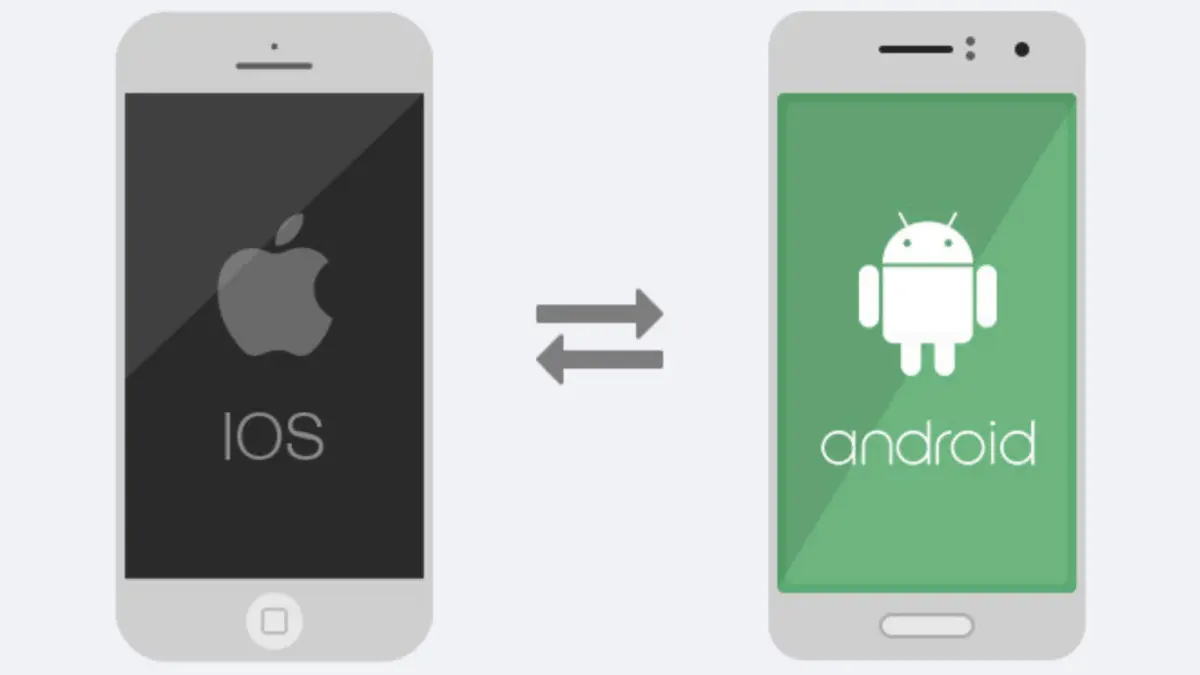
You may construct an app for numerous operating systems, including Android, iOS, Windows, and Blackberry, using native app development. An App created utilizing the native development method, will only run on a single operating system. To convert a website into an app or to develop an app, on the basis of the current market scenario, app developers are the ones who can work for this task. They have expertise in java or Kotlin for android app development and for IOS app development requirement is raised for app developers having Proifeciency in C-objective Language or Swift language.
| Advantages of native apps | Disadvantages of native apps |
|---|---|
|
|
Hybrid Apps
- A hybrid app is essentially a single program that is built for many platforms. As a result, a single software can run on multiple operating systems, including iOS, Android, Windows, and Blackberry.
- In short, hybrid mobile development is a blend of native and online applications.
- When creating a hybrid app, make sure it works on all screens and platforms, including Android and iOS. Both systems have their own set of distinctions. Android has fewer UI requirements than iOS, which has a low level of fragmentation.
- Furthermore, hybrid apps have access to a variety of device features such as the camera, gyroscope, and so on.
- If you want to create a hybrid app, you'll need to pick a hybrid framework.
The most Popular Hybrid frameworks used to build Hybrid apps are:
a. React Native

If your website is built with React.JS, React Native is the best option. It's a popular framework for creating hybrid apps all over the world. You can also use React Native to swiftly and effectively transfer your website to the app. You'll have an app that makes use of native components of your smartphone's operating system (native buttons, inputs, and other device features). Popular apps Developed in React Native Framework are Facebook, Instagram, Pinterest, Tesla, Skype, and many more.
| Advantages of React Native Apps | Disadvantages of React Native Apps |
|---|---|
|
|
b. Flutter

Flutter is developed by google which is an open-source UI Framework. It allows developers to create native-looking apps for both Android and iOS using a single codebase. Flutter is based on Dart, which is the most popular objective-oriented programming language. Flutter is the way to go if you want to create a new and cost-effective app. some well-known apps created with Flutter are e-bay, Google Ads, Xianyu by Alibaba, Hamilton, and many more.
| Advantages of Flutter apps | Disadvantages of Flutter apps |
|---|---|
|
|
Progressive Web Apps
It's a Google-developed technology that lets users add a webpage or web application on their phone's screen and access it easily. Many Popular companies Worldwide have built Progressive web applications such as Flipkart, Forbes, Trivago, Starbucks, Twitter, and many more. You'll need to add your web app to the home screen icon, create a web application manifest file, and create a service worker to turn it into a progressive web app. Your site will be able to work offline, load faster, and send push alerts as a result of this. When you load a progressive web app into a mobile app, the device puts it on the home screen. PWAs are currently only accessible for Android smartphones.
| Advantages of PWA apps | Disadvantages of PWA apps |
|---|---|
|
|
Best ways to convert a website into an app.
1. Make an app with an app builder.
You can use an app builder to convert a simple website into an app. A builder, on the other hand, cannot be used to design any small, medium, or large-scale program. You'll need an app development company for this.
An app builder is a platform that lets anyone without coding skills develop apps. They include a drag-and-drop tool that allows you to quickly develop an app.
Here are some of the advantages and disadvantages of using an app builder.
| BENEFITS | DRAWBACKS |
|---|---|
|
|
2. Hire a Freelancer.
You can use a Freelancer if you have a limited budget and want to construct a tiny application. However, if you want to create complicated software, you'll need to work in a group. A freelancer cannot successfully manage the entire project. The following are some of the benefits and drawbacks of employing a freelancer.
| BENEFITS | DRAWBACKS |
|---|---|
|
|
3. Hire an app development agency.
You can take the services of an app development Agency if you want to create a feature-rich and dependable app.
Because an app development agency is more trustworthy and secure than a freelancer, businesses of all sizes and sectors outsource their work to them.
Here are some of the advantages and disadvantages of working with an app development company.
| BENEFITS | DRAWBACKS |
|---|---|
|
|
.png)

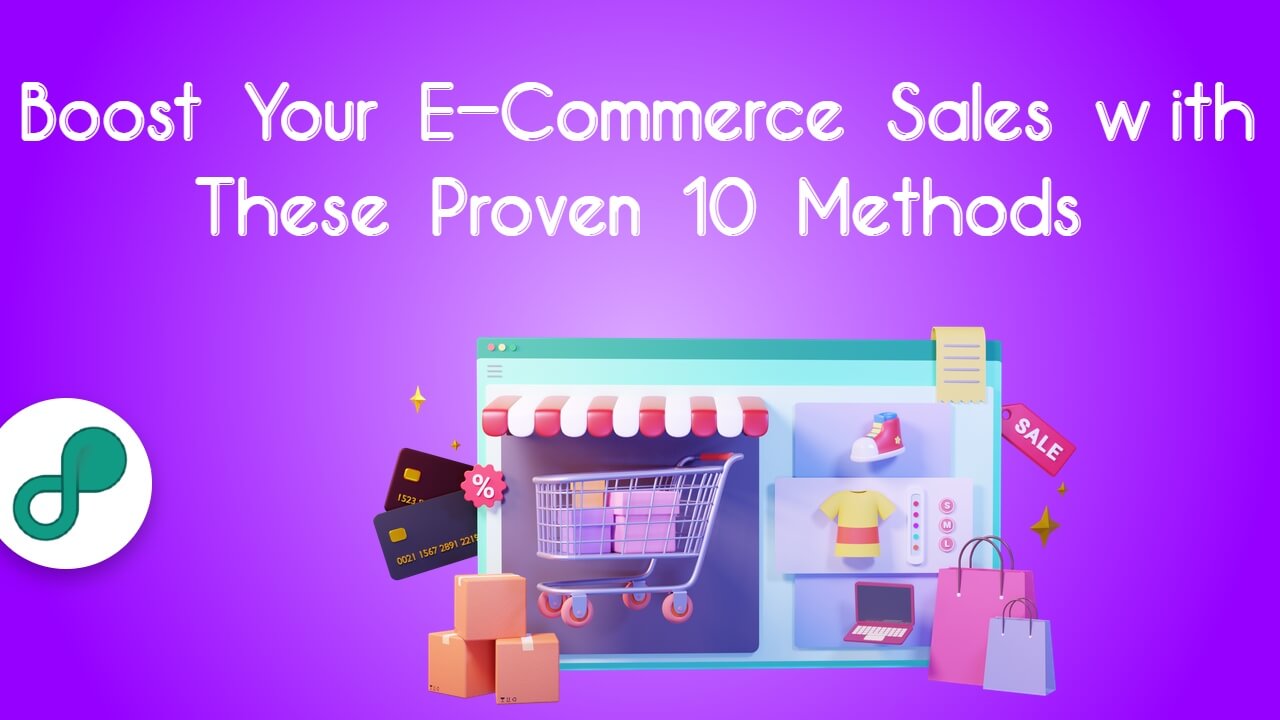


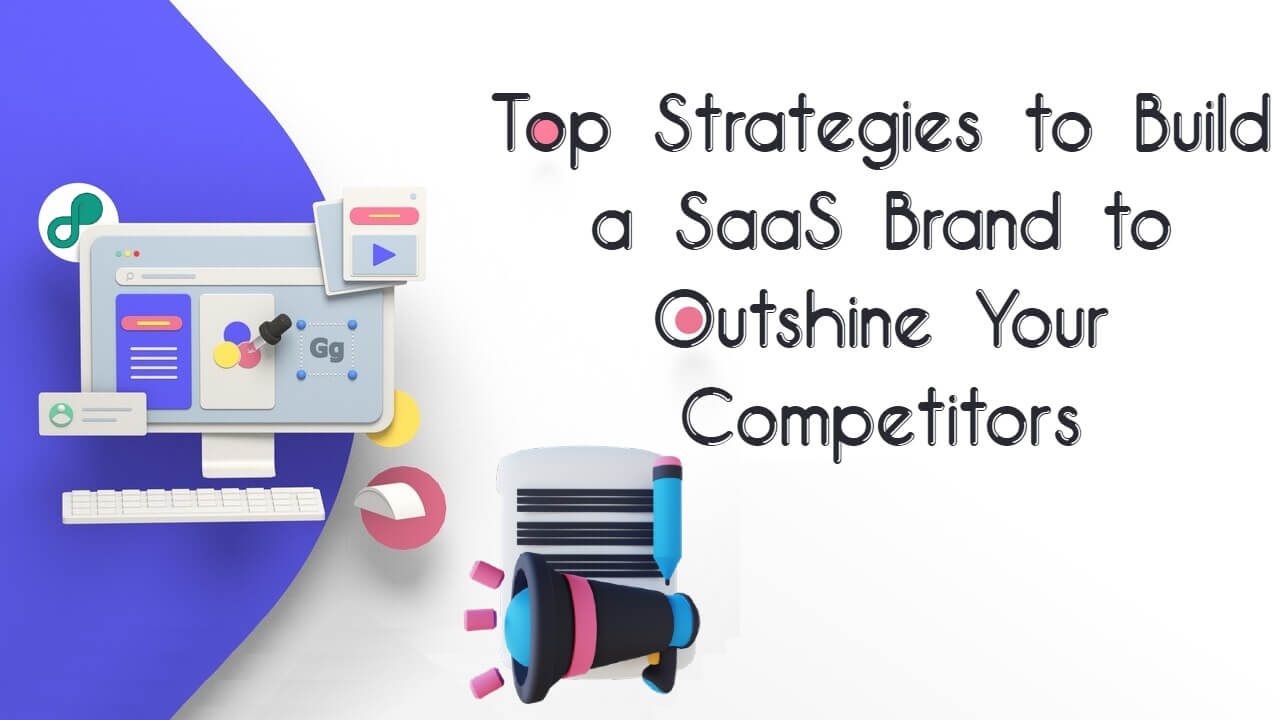



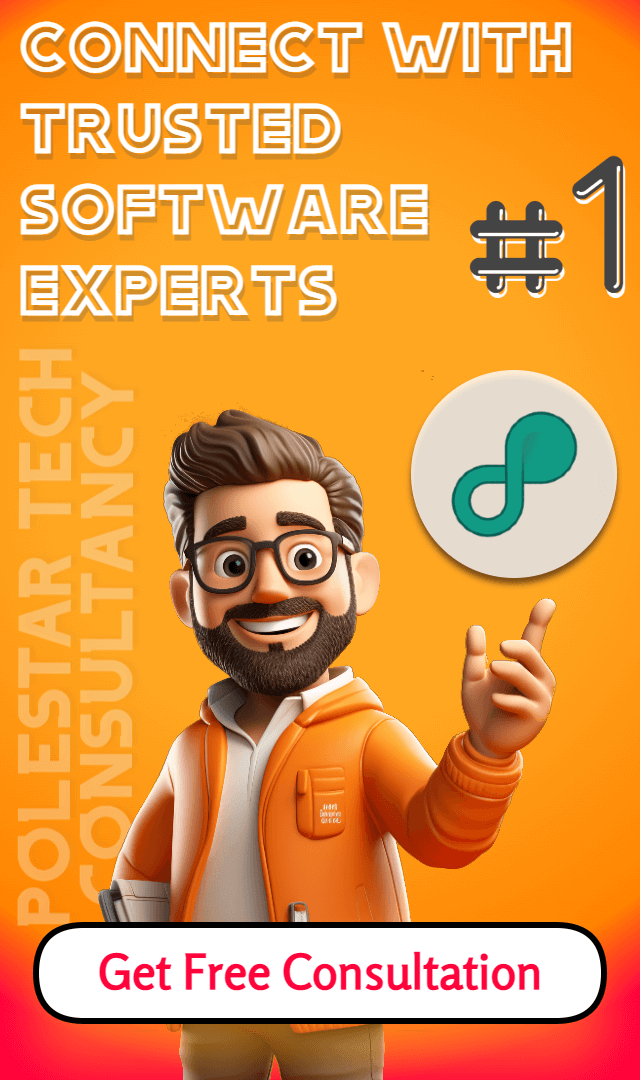





Jay Pala